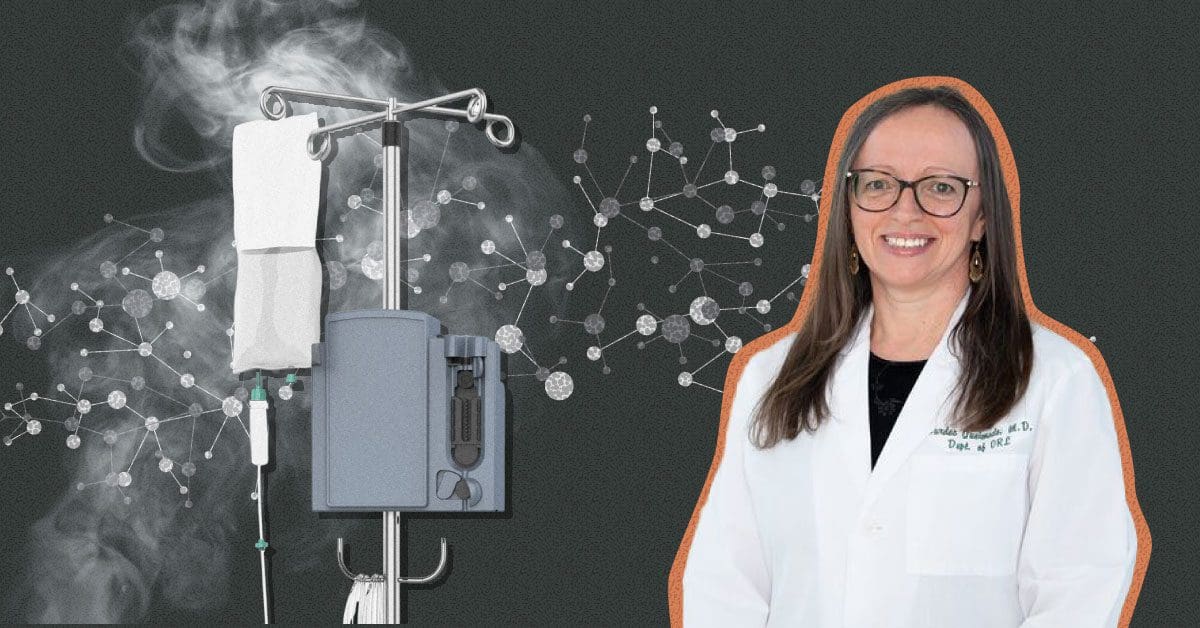For many cancer patients, chemotherapy is their best option for survival. While the process of chemotherapy is hard enough, new research from the Tobacco Settlement Endowment Trust’s (TSET) partners at the University of Oklahoma shows exposure to secondhand smoke could make the life-saving treatment less effective.
Recently, Tobacco Stops With Me spoke with Dr. Lurdes Queimado, a professor of otolaryngology who led the research about the negative effects secondhand smoke can have on chemo patients. Her groundbreaking discoveries shed light on new risk factors and ways to combat the preventable complications of chemotherapy and secondhand smoke.
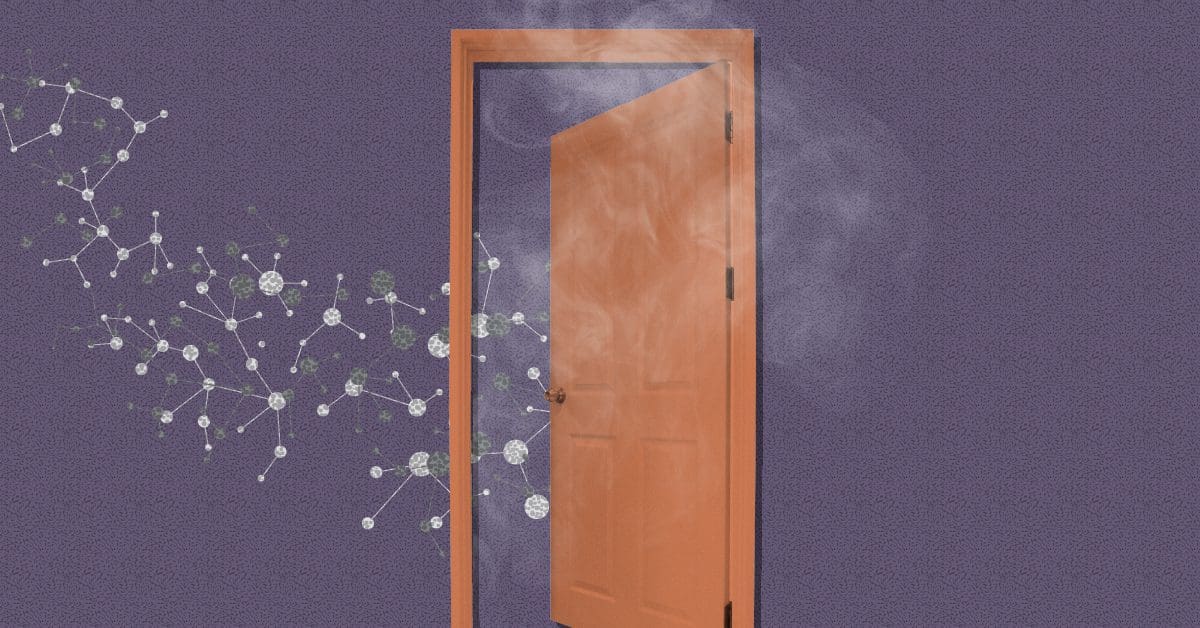
How Secondhand Smoke Impacts Chemotherapy
“Think of cancer cells as rooms with doors that chemotherapy enters through. What we saw is cancer cells exposed to relatively low secondhand smoke levels close those doors, making them less affected by chemotherapy,” said Dr. Queimado, who recreated the impact of secondhand smoke exposure on cancer cells in a laboratory. “Less goes in and more comes out.”
In other words, chemotherapy and secondhand smoke do not go together. Several components found in secondhand smoke cause cancer cells to shut down the pathways that allow chemotherapy to enter.
“It is expected that a person exposed to secondhand smoke will be less responsive to many chemotherapeutic drugs,” warns Dr. Queimado.
According to the Centers for Disease Control and Prevention (CDC), there are over 7,000 chemicals in secondhand smoke alone — 70 of those are known to cause cancer. As a result, the cancer cells exposed to secondhand smoke become harder to kill, and untreated cancer cells can set off a dangerous chain reaction. As the cancer becomes more resistant and the cells continue to divide, the cancer can become metastatic — spreading the disease to new parts of the body.
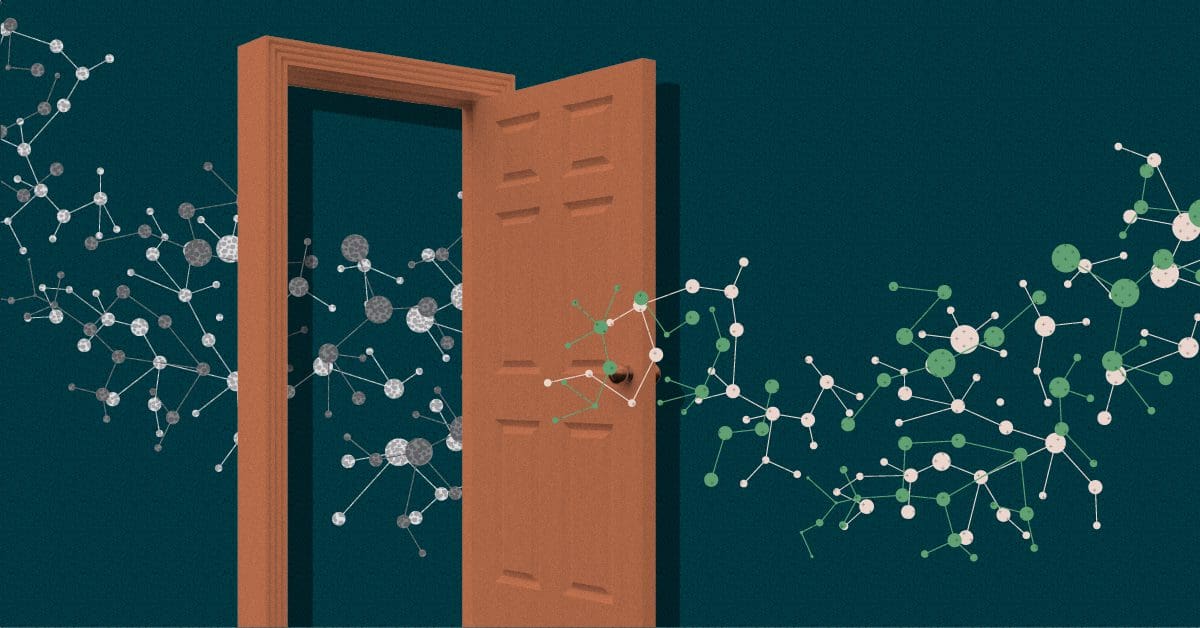
Dr. Queimado’s Recommendation
Avoiding any secondhand smoke exposure is critical for chemotherapy patients to have the best chance at a positive outcome. “Secondhand smoke can, itself, cause cancer and interfere with chemotherapy treatment. The best thing a family member or loved one of a patient with cancer can do is quit tobacco,” advises Dr. Queimado.
Having a 100% smoke-free environment, including at home, is ideal. The good news: Those looking to quit tobacco have options. The Oklahoma Tobacco Helpline offers FREE support to all Oklahomans looking to make a healthy change. Registrants can sign up for a supply of patches, gum or lozenges, Coach support, live group sessions and more to help them quit tobacco, at no cost to them. Teens ages 13-17 who want help quitting tobacco and vaping can use My Life, My QuitTM, a FREE cessation service via live texting, web chat and phone calls.
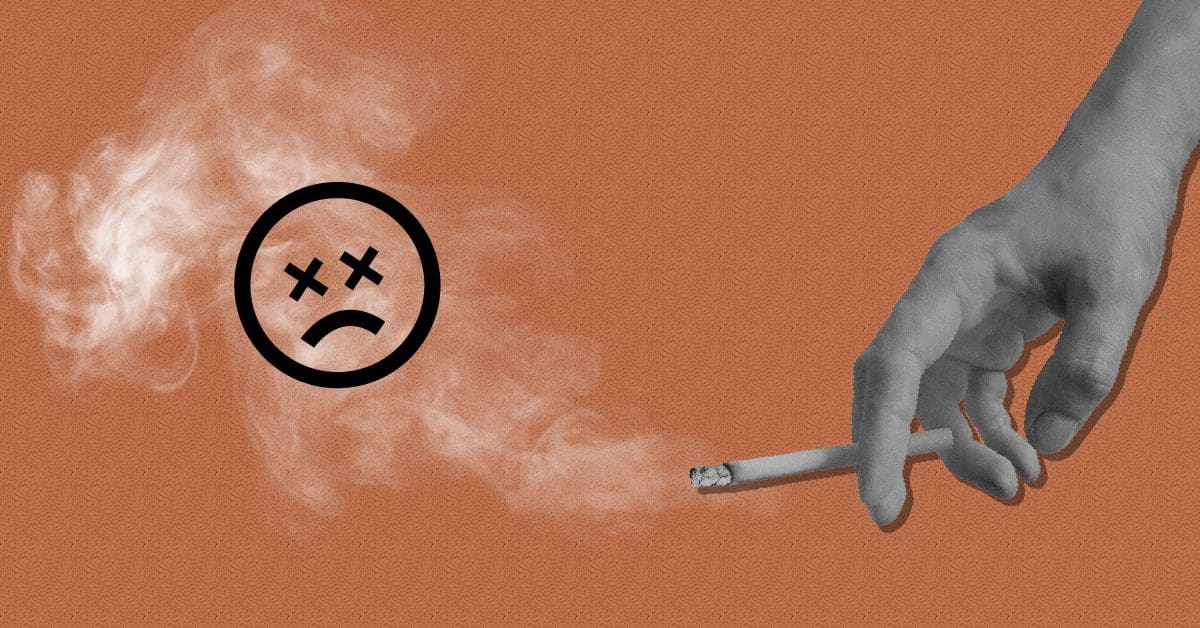
Lingering Effects on Cancer Survivors
Even after a patient has completed chemotherapy treatment, secondhand smoke still poses serious health risks. The pathways altered by secondhand smoke don’t automatically revert to normal once chemotherapy treatment has finished. Exposure to anyone, including cancer survivors, can hamper the body’s ability to absorb nutrients and medication long into survivorship.
In the U.S., secondhand smoke causes 41,000 deaths among nonsmoking adults and 900 infant deaths each year. Outside of chemotherapy, it can make other illnesses, such as asthma and heart disease, worse. Avoiding secondhand smoke is just as vital for cancer survivors as it is current patients.
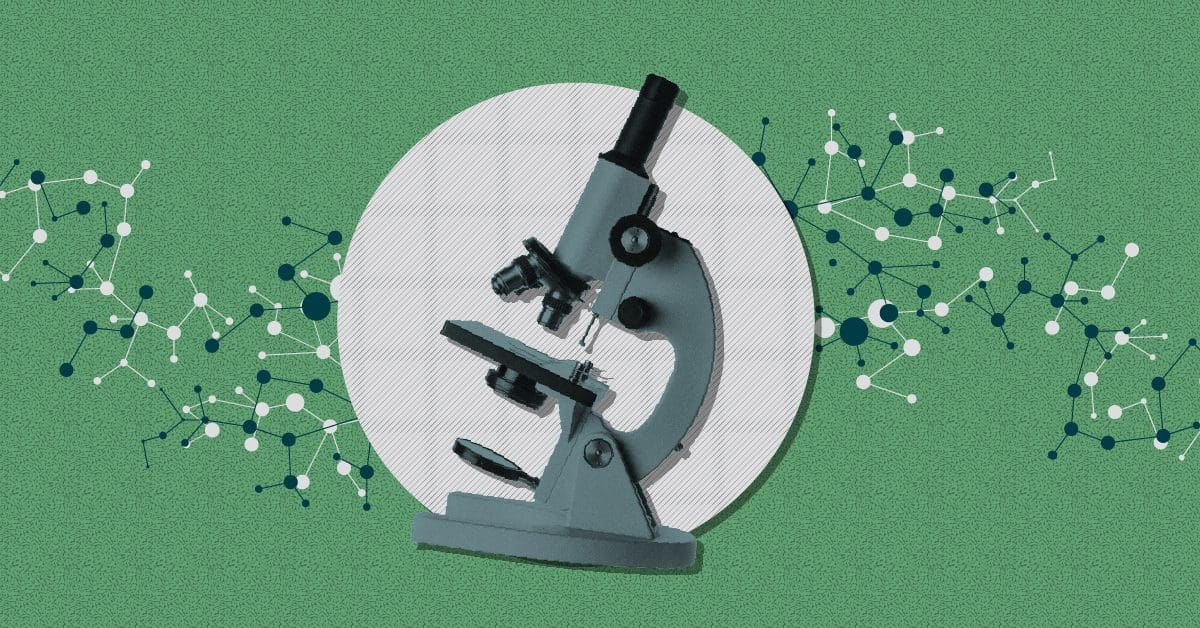
How TSET Is Making a Difference
The discoveries made by Dr. Queimado’s team were made possible by funding from the Tobacco Settlement Endowment Trust (TSET) research grants. These grants allow researchers to understand secondhand smoke’s effects in detail. The goal is to improve outcomes for chemotherapy patients and survivors alike. By highlighting the dangers of secondhand smoke, Dr. Queimado is improving the odds of those affected by cancer.
If you have a loved one going through chemotherapy, one of the best things you can do for them is advocate for clean indoor air. If you’re ready to make a difference, visit our Get Involved page to learn more.
